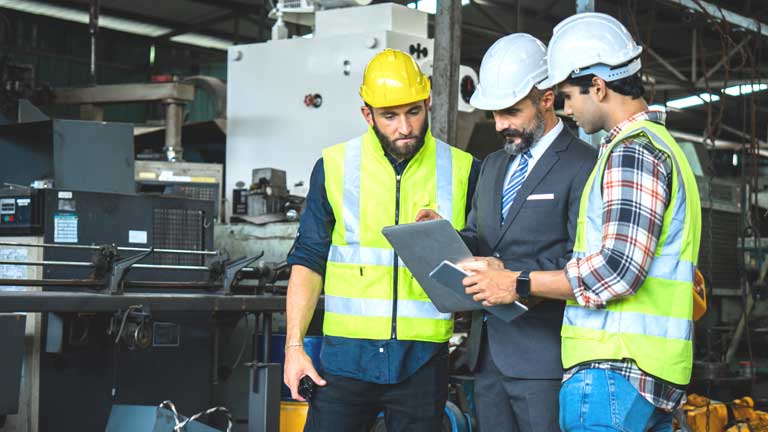
A facility manager is a person in charge of overseeing the day-to-day operations of a company’s facilities. They are responsible for ensuring that a company’s facilities are functional, safe, and secure. Facility managers work closely with building engineers, safety managers, and other professionals to ensure that all staff can work in an environment that is conducive to their tasks.
Facility managers are tasked with supervising several key areas, such as the facility’s design, maintenance, and operations. In addition to their primary role, they also assist in finding suitable employees and managing employees’ performance. They have to be proficient in building industry-specific infrastructure and technology, which can be difficult for some people. A facility manager must be skilled at creating plans that will improve the functioning of a company’s facilities.
The top challenges faced by facility managers include:
- Ensuring the workplace is secure and safe
- Keeping up with technological advancements
- Managing budgets and spending
- Ensuring that employees stay productive
- Finding suitable employees and managing performance
- Arranging the right environment for employees to work
- Coordinating office moves
Ensuring the workplace is secure and safe
A facility manager’s responsibilities include both the internal and external areas of a premise that are safe and suitable for its purpose. For example, the asphalt car park needs to be kept well maintained; this can be achieved by ensuring the asphalt is sealed to protect it from the elements.
Their responsibilities, as stated, also include the property’s interior. This includes HVAC systems, lighting, energy-efficient appliances, and decoration of walls and ceilings.
Keeping up with technological advancements
Facility managers have to keep up with the latest technological advancements in the building industry so that they can be used in a company’s facilities. This includes being able to decide what innovations will benefit a company’s facilities and its employees. A facility manager should also have an understanding of how the technology works so that he or she can help prevent problems from arising due to malfunctions.
Budgets & Spending
Facility managers must be diligent in managing the day-to-day expenditures incurred by their company. This includes keeping careful track of how much is being spent on maintenance and how much each maintenance worker gets paid.
Ensuring that employees stay productive
Facility managers are often responsible for a diverse workforce, which means that they have to ensure employees are productive while they are working. They must keep track of their workers’ productivity and ensure that they are following the required policies and procedures.
Finding suitable employees and managing performance
Finding suitable employees can be a challenge for facility managers, especially with the ever-growing demand for skilled labor. They may have to spend time interviewing different candidates, which can be time-consuming. Facility managers also have to manage employee performance to make sure that the workplace is running smoothly. This includes monitoring attendance levels, among other things.
Arranging the right environment for employees to work in
Facility managers must arrange work environments that are conducive to their company’s purposes and goals. This involves arranging things such as the layout of offices so that the business can function efficiently.
Coordinate office moves
If an office needs to be relocated, it is the facility manager’s job to coordinate the move. This includes liaising with removals firms to ensure furniture and equipment end up where it’s needed, and cooperating with the IT department to ensure new systems are up and running in the shortest possible time.
Building services engineers can be responsible for all engineering aspects of a construction project or for a specific area, such as building services, site services, maintenance seal coating services, or safety. They typically work for construction companies.
A typical workday will vary depending on whether an engineer is working in design, handover, project management, or site service roles. Such things as the hours the contractor works and site location can also have an impact.
One facet of a facility manager’s role is to develop and maintain infrastructure, which allows the organization to function smoothly in the long run. A facility manager must be able to understand how the building industry’s technologies work so that he or she can be of help to company staff, who are usually employees. They must also keep up with technological advancements so that they will be able to use them in their company’s facilities.
In addition to the technical aspects of building management and budget control, a good facility manager also needs good people skills to be able to manage and implement their ideas.


